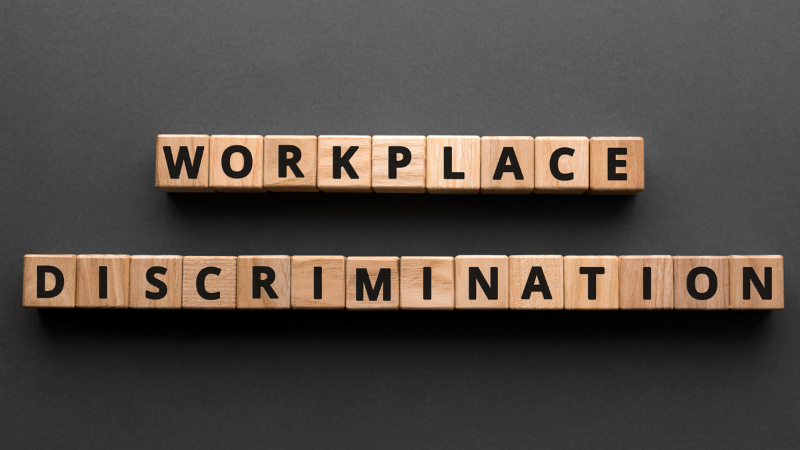
Impacts of workplace discrimination on employees
Discrimination in the workplace is a common problem that can hurt an organization as well as its employees. When a person or group of people is treated unfairly or unequally in the workplace due to particular characteristics, this is discrimination. This could be based on their age, gender, ability, skin color, nationality, place of birth, race, religion, and sexual orientation. There are many forms of discrimination in today’s workplaces. Workplace discrimination can occur between coworkers, job applicants, or employees and their employers. Discrimination, whether intentional or unintentional, is against the law.
Discrimination in the workplace may have an impact on employees’ health. In today’s world, discrimination is a serious issue that many people continue to face. Employees who experience discrimination may experience increased job turnover, absenteeism, and productivity losses. Additionally, discrimination in the workplace can result in costly lawsuits and damages for an organization. Organizations can take preventative measures against workplace discrimination by comprehending its causes and effects.
Impact on Employees:
The employee’s health is seriously impacted when they experience discrimination. Depression, anxiety, and post-traumatic stress disorder are among the many health issues caused by stress and poor treatment. Studies indicate that emotional issues can result in heart attacks and sudden death and that long-term stress harms health, some of which is mental and some of which is physical. Physical symptoms like migraines, high blood pressure, diabetes, and heart problems, whereas Mental symptoms like anxiety, overthinking, depression, sleeping problems, anger, and frustration.
The bottom line of the business is impacted when there is widespread discrimination in the workplace.
- Decreased Employee Productivity
- Lack of Diversity
- Low Employee Morale
- Changes in Company’s turnover
- Financial & Legal trouble
- Decreased job satisfaction
- Low workplace morale
How HR should handle workplace discrimination?
The HR department has an outside view of how employees feel and how the business works. Because HR personnel can take an impartial approach to hiring practices and ensure the well-being of employees, this can assist in maintaining anti-discrimination practices. HR professionals can assist with these processes in the following ways:
- Equal hiring opportunities
- Training & Promotions
- Anti-retaliation policy
- Legal action
The majority of nations view discrimination as a form of unfair treatment. To ensure that their employees feel safe, acknowledged, and respected, employers must implement protective regulations and adhere to policies. Mistreatment, whether intentional or unintentional, moderate or severe, has a significant impact on the mental and physical well-being of the company’s employees. It also contributes to organizational issues like high turnover, low productivity, and absenteeism. Employee health is negatively impacted by a hostile, disrespectful, and toxic work environment, which may be a major reason for addiction to drugs and alcohol, depression, suicide, obesity, and heart problems.








Leave a reply